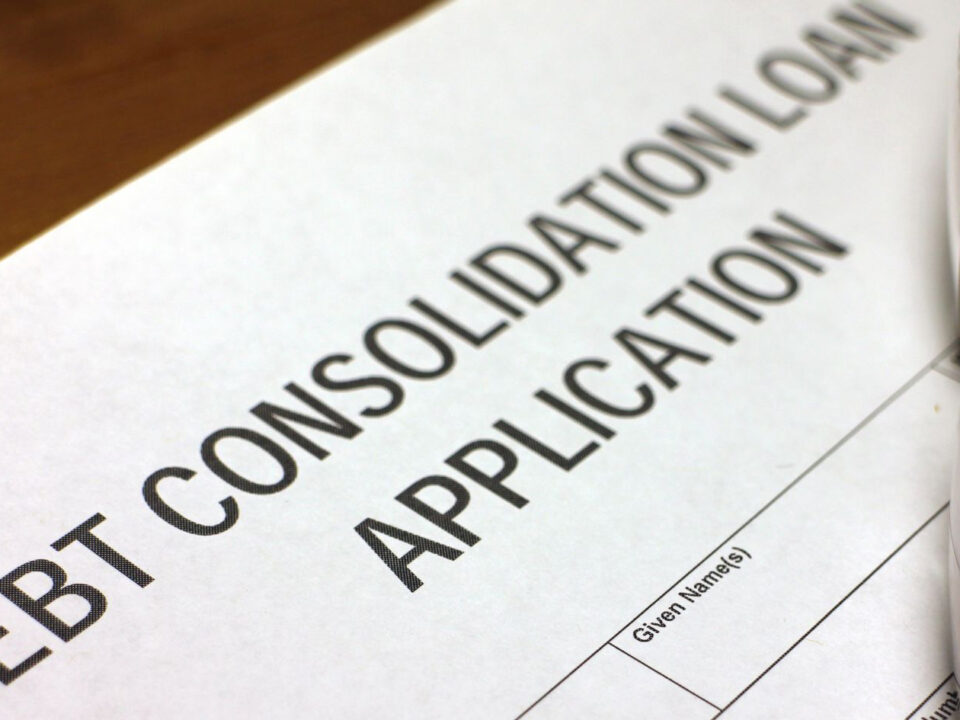
If you’re a homeowner juggling multiple high-interest debts, there may be a powerful financial tool sitting right under your roof, your home equity. Many Americans are turning to home equity loans or lines of credit to pay off high-interest credit card balances, simplify their payments, and regain control of their finances.
But before you tap into your home’s value, it’s crucial to understand how the process works and whether it’s the right choice for your situation.
What Is Home Equity and How Does It Work?
Home equity is the difference between your home’s market value and the amount you still owe on your mortgage. The more your home appreciates in value (and the more you pay down your mortgage), the more equity you build.
For example, if your home is worth $400,000 and your remaining mortgage balance is $250,000, you have $150,000 in home equity.
You can borrow against your home equity through two main options:
- Home Equity Loan: Offers a lump sum of money with a fixed interest rate and predictable monthly payments.
- Home Equity Line of Credit (HELOC): Works like a revolving credit line with a variable interest rate, you borrow only what you need and pay interest on that amount.
Both allow you to tap into your home’s value, but they come with different benefits and risks depending on your financial situation.
Why Use Home Equity to Pay Off High-Interest Debt?
Credit card interest rates often range from 20% to 30%, while home equity loans or HELOCs usually carry significantly lower rates often in the single digits.
That difference can make a big impact on your monthly payments and the total interest you pay over time.
For instance, if you have $25,000 in credit card debt at 25% interest, your monthly payments could be overwhelming. By consolidating that debt with a home equity loan at 9%, you can lower your interest rate, reduce your payment, and simplify your debt into one manageable bill.
This is similar to what’s discussed in Prudent Financial Solutions’ guide on how to consolidate credit card debt, which outlines practical ways to combine multiple debts for easier repayment.
Step-by-Step: How to Use Home Equity to Pay Off Debt

Step 1: Assess Your Financial Situation and Credit Score
Before you apply, review your credit score and determine if you can qualify for a favorable interest rate. You can check your current credit report for free through checking your credit report.
Step 2: Calculate Your Available Home Equity
Use your home’s market value and mortgage balance to estimate how much equity you can borrow. Most lenders allow you to borrow up to 80–85% of your home’s value.
Step 3: Compare Home Equity Loan vs. HELOC
- A home equity loan provides a fixed-rate lump sum—ideal if you need one-time funds to pay off all credit card balances.
- A HELOC offers flexibility if you prefer to borrow smaller amounts over time.
Step 4: Account for Closing Costs and Fees
Just like a mortgage, home equity borrowing comes with closing costs—typically 2%–5% of the loan amount. Always factor these into your total cost of borrowing.
Step 5: Use the Funds to Pay Off High-Interest Debts
Once approved, use the funds to eliminate your high-interest credit card debt or personal loans.
Step 6: Stay Disciplined
The key to success is avoiding new credit card debt. If you continue to build balances after consolidating, you could end up owing even more than before.
Pros and Cons of Using Home Equity for Debt Consolidation
✅ Pros
- Lower Interest Rates: Typically much lower than credit card or personal loan rates.
- Predictable Payments: Fixed-rate loans make budgeting easier.
- Debt Simplification: Consolidates multiple payments into one monthly bill.
⚠️ Cons
- Risk of Foreclosure: Your home serves as collateral. Missed payments can put it at risk.
- Closing Costs: You’ll likely pay fees upfront, which can add to total costs.
- Temptation to Overspend: If you don’t address spending habits, you may fall back into debt.
Home Equity Loan vs. HELOC vs. Other Debt Options
Before deciding, compare how these solutions stack up:
|
|
|
|
|
|
|
|
|
|
|
|
|
|
|
|
|
|
|
|
|
|
|
|
|
If your credit score is less than ideal, you can explore debt consolidation loans for bad credit for additional options without using your home as collateral.
When It Makes Sense (and When It Doesn’t)
Using home equity makes sense if:
- You have stable income and a strong repayment record.
- Your debts carry high interest rates (e.g., credit cards).
- You plan to stay in your home for several years.
It may not make sense if:
- Your income is uncertain or unstable.
- You plan to sell your home soon.
- You have a pattern of running up credit card balances after consolidation.
Final Thoughts: Making Home Equity Work for You
Using home equity to pay off high-interest debt can be a smart, strategic move—but only when done responsibly. It’s a way to lower interest costs, simplify payments, and regain financial control, but it’s not without risks.
Before you decide to borrow against your home equity, take time to evaluate your financial situation, calculate the costs, and commit to avoiding new debt.
If you’re unsure whether this is the right move for you, consult the debt specialists at Prudent Financial Solutions. Their experts can help you explore the safest, most cost-effective way to pay down your debt and build a stronger financial future.



